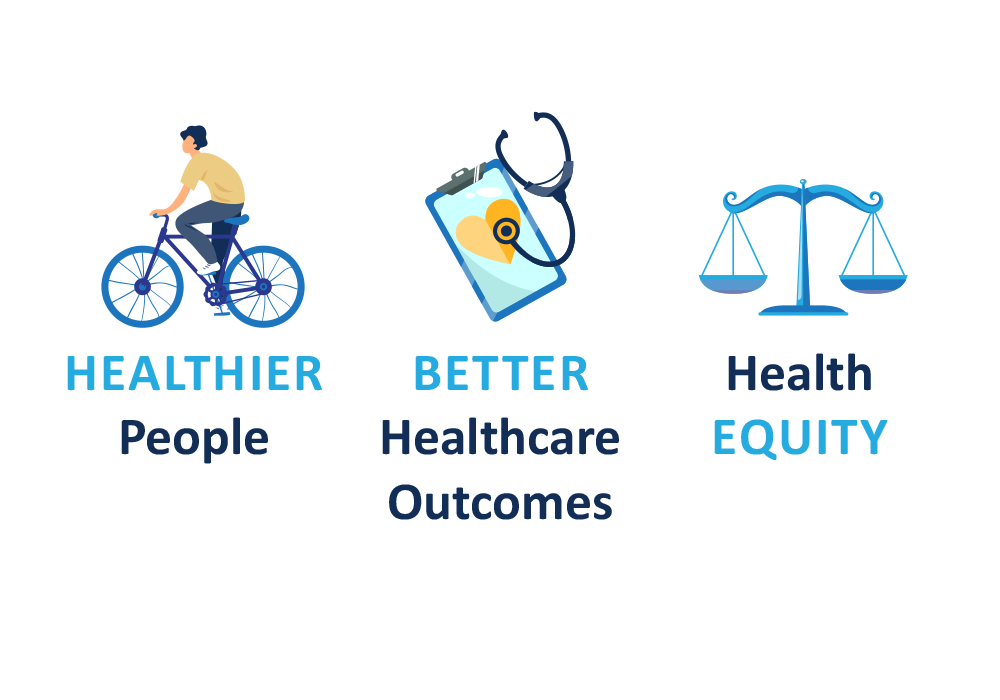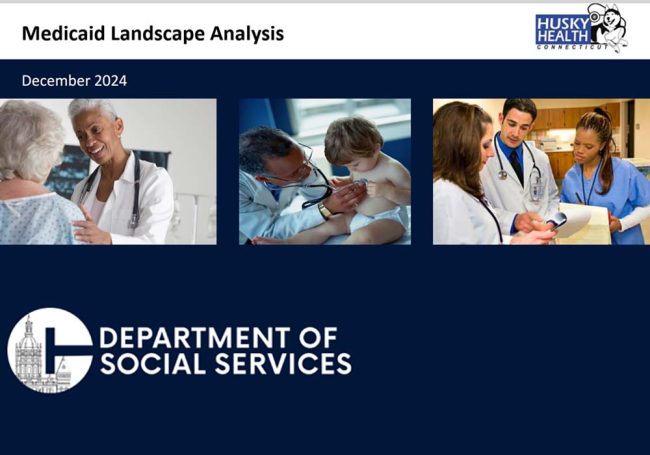Three Cornerstones to Medicaid Redesign
- Address Medicaid hospital underpayment: Increase reimbursement so that payments cover the cost of providing care and provide for annual trend updates that keep pace with the rising cost of care.
- Engage multi-sector health partnerships: Build on community partnerships to co-design ways to best use Medicaid funds to create community-directed investments that reward positive health outcomes.
- Establish a regional investment and accountability financing model: Establish a financing and accountability framework that provides substantial and sustained new investment funding for the work of hospitals and the multi-sector health partnerships in which they participate.















